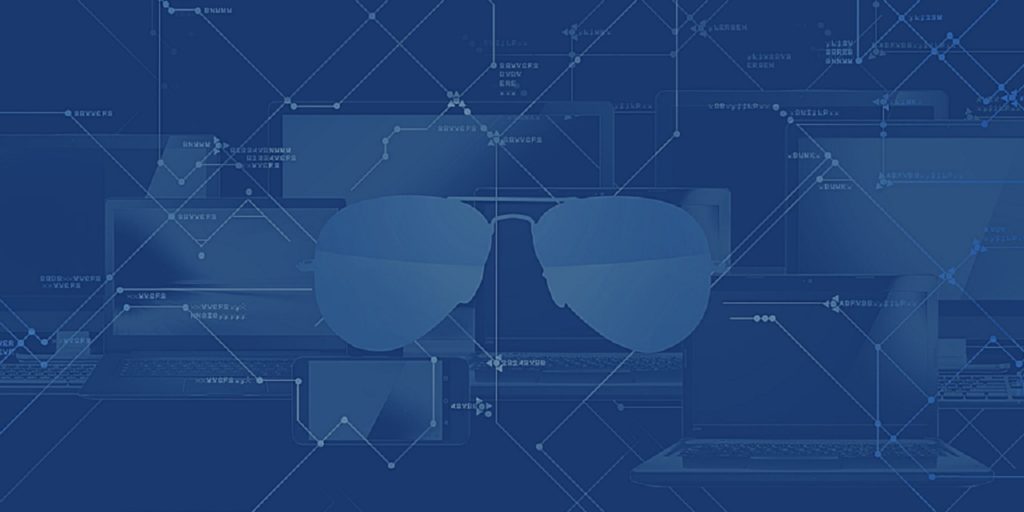Today, Access Now is proud to join our partners in a day of action on government hacking and a proposed change to Rule 41.
In spring of this year, the U.S. Supreme Court approved a change to Rule 41 of the Federal Rules of Criminal Procedure. While a change in “procedure” seems to be business as usual, this change is anything but. The amendment is in fact substantive as it has wide-reaching implications for ALL computer users.
The amendment to Rule 41 would enable the FBI to hack into computers regardless of where they are located — even those devices owned by botnet attack victims. Now that the Supreme Court has approved the change, it will go into effect on December 1st unless Congress passes legislation to stop it.
Access Now has been working with key lawmakers in the House and Senate to introduce legislation to block the rules — the Stopping Mass Hacking Act (SMH Act).
And now we are joining our allies in civil society to raise awareness about the change to Rule 41 and ask Congress to pass the SMH Act.
You can learn more on our campaign page at www.accessnow.org/rule41. We’re also joining a coalition site at noglobalwarrants.org.
Rule Forty-What?
The Federal Rules of Criminal Procedure is the set of rules that guide criminal prosecutions. Within that, Rule 41 stipulates the way that warrants for searches and seizures are issued by judges. However, the amended rule would allow law enforcement to obtain a warrant from nearly any magistrate judge, extending government hacking across many jurisdictions and outside the U.S. to:
- hack devices if the location is obscured through technological means (e.g. using a VPN or Tor); and
- hack devices affected by botnet attacks.
Why is it important?
Rule 41’s legal nuances are complex and numerous; however, it is clear that the amendment goes beyond the scope of a procedural change. This is a substantive transformation of the way investigations are conducted, considerably extending the powers of law enforcement agencies. The amendments are cloaked in a procedural process, thus bypassing a public debate. This change introduces a minefield of complications into the legal landscape and should be considered carefully:
- Ambiguous language As it stands, the amendment utilizes broad language that can be interpreted to allow invasive hacking and even government access of private networks.
- Mass hacking? A reported 30 percent of computers worldwide may be infected by malware, and a portion would be subject to search under the change. The amendment would allow access to computers all over the world, including those operated by journalists, whistleblowers, military personnel, lawmakers, and corporate executives.
- International implications The amendments would enable law enforcement agencies, such as the FBI, to hack computers outside of the United States. Extraterritorial hacking would not only violate the rights of people outside the United States, but also place a strain on relations between countries.
Access Now is committed to defending and fighting for open and secure communications for all. Because of this, we join our partners in a coalition to stop mass hacking and substantial changes to Rule 41.
